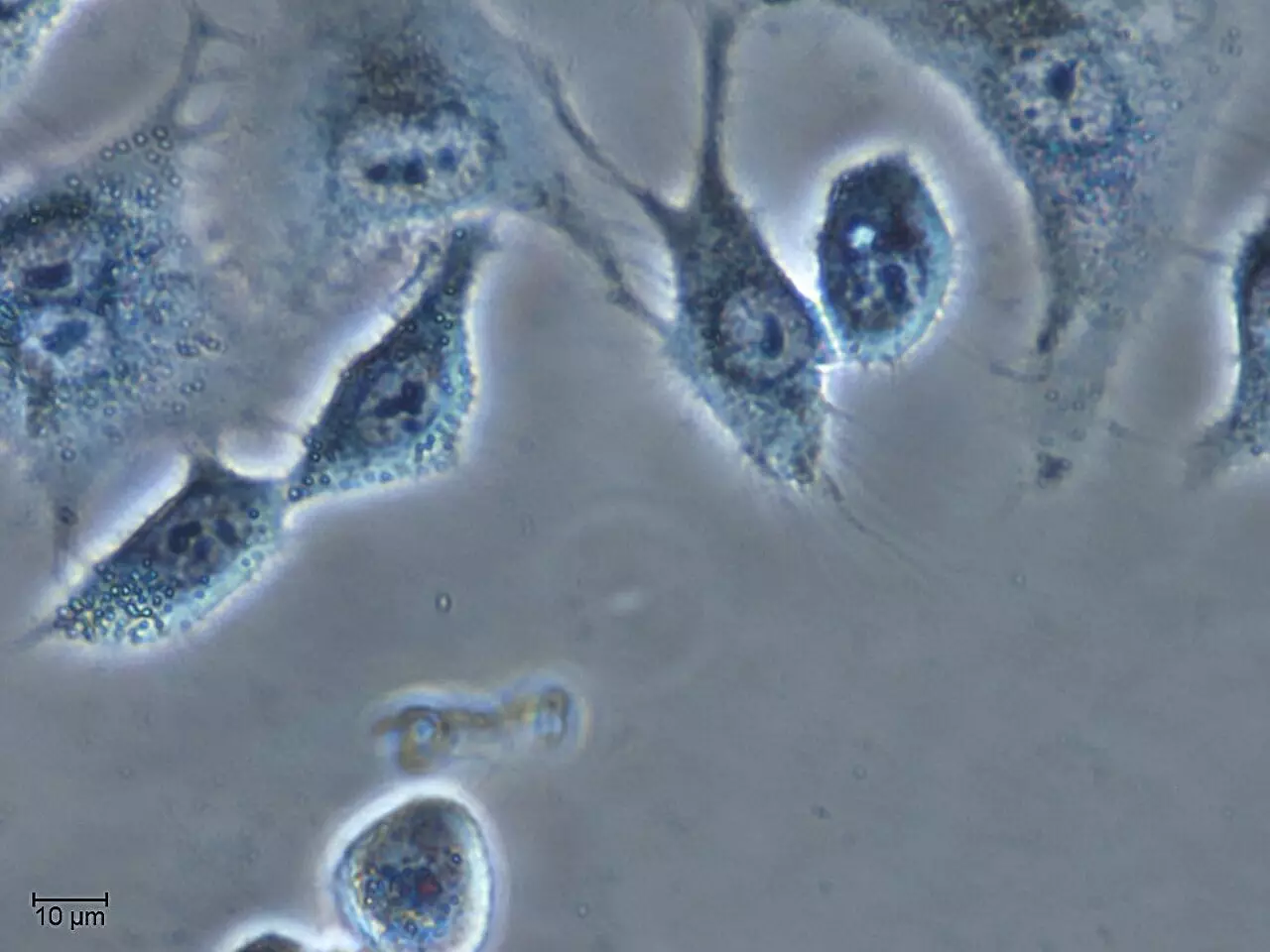Chemotherapy is a crucial treatment option for cancer patients, but it often comes with significant side effects and limitations. As a result, there is a growing focus on basic research to address these challenges and improve the effectiveness of cancer treatments. A recent study published in Cell Reports Physical Science has introduced a novel approach using molecular “cages” made of pseudopeptides to selectively target and eliminate cancer cells in acidic microenvironments.
The study, led by a scientific team from the Institute for Advanced Chemistry of Catalonia (IQAC-CSIC) in collaboration with the University of Burgos and the Institute of Environmental Assessment and Water Studies (IDAEA-CSIC), investigated the use of molecular “cages” to combat the limitations of current chemotherapy treatments. These “cages,” derived from fluorine-substituted amino acids, have shown promising results in killing cancer cells in slightly acidic environments while remaining harmless to healthy tissues.
One of the key findings of the study was the design of a molecule with a three-dimensional “cage” structure that demonstrated high selectivity for targeting cancer cells in acidic environments. These “cages” encapsulated chloride ions efficiently in acidic conditions and demonstrated the ability to transport chloride across lipid bilayers. This transport process was found to be more effective in environments with acidic pH levels, such as the microenvironment of solid tumors, making them a potential breakthrough in cancer treatment.
Chemotherapy treatment for cancer faces significant challenges, such as lack of selectivity leading to unwanted side effects and the emergence of chemoresistance in cancer cells. The use of molecular “cages” that specifically target cancer cells in acidic microenvironments represents a promising approach to overcome these challenges. By understanding the mechanism of action of these molecules and their high selectivity in killing cancer cells, researchers aim to improve the design of ionophores for therapeutic applications in cancer treatment.
The results of this study open up new possibilities for the development of targeted and effective cancer treatments that minimize toxicity to healthy tissues. The use of molecular “cages” to selectively eliminate cancer cells in acidic environments offers a potential solution to the limitations of current chemotherapy treatments. Further research and development in this field could lead to the advancement of precision medicine for cancer patients.
The use of molecular “cages” derived from fluorine-substituted amino acids shows significant promise in targeting cancer cells in acidic microenvironments. The innovative approach presented in the study offers a potential solution to the challenges faced by current chemotherapy treatments, such as lack of selectivity and chemoresistance. By understanding the mechanism of action of these molecules and their high selectivity in killing cancer cells, researchers are paving the way for the development of new ionophores with therapeutic applications in cancer treatment. This research has the potential to revolutionize cancer treatment and improve outcomes for patients in the future.


Leave a Reply